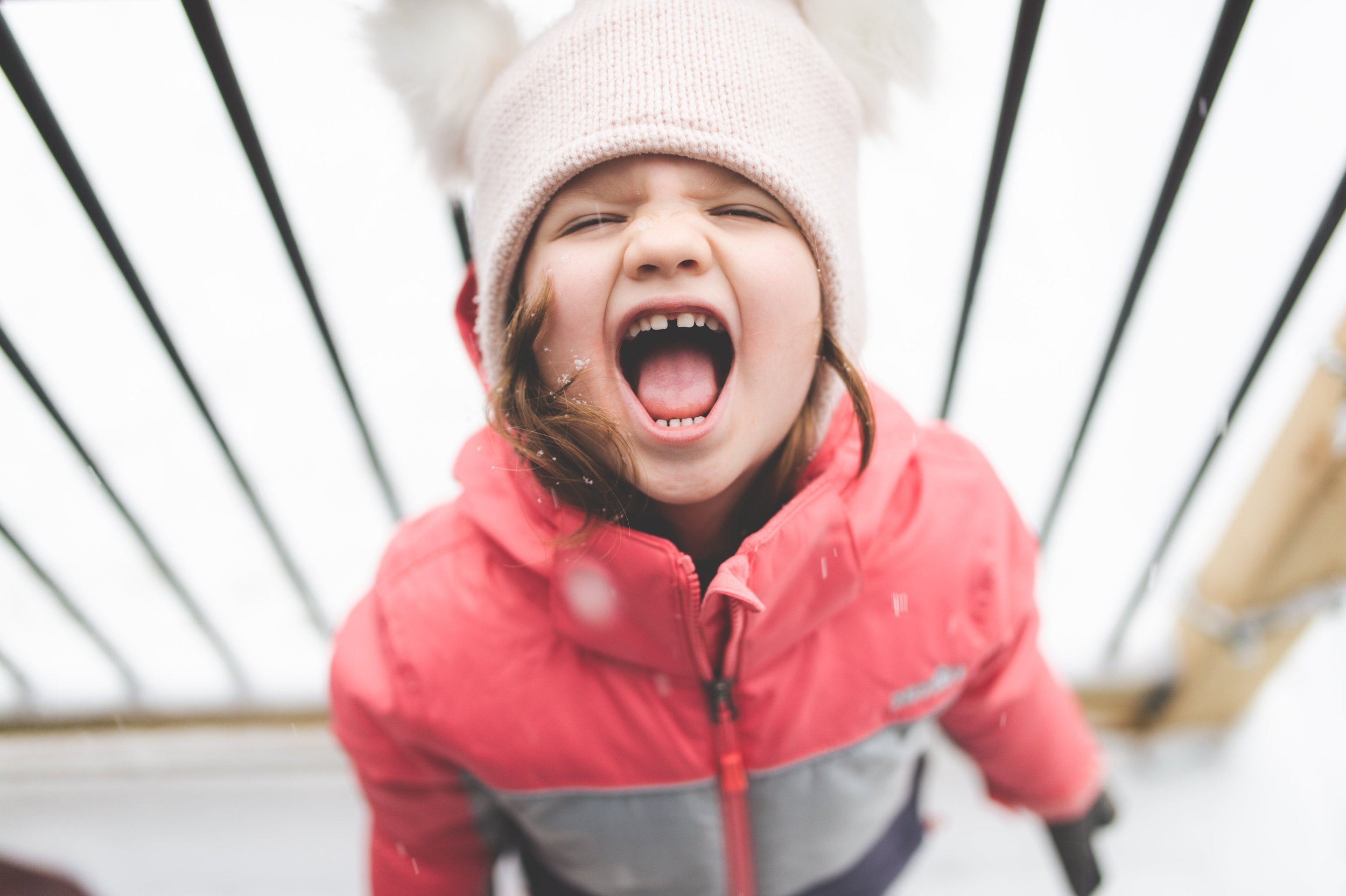Navigating Stress Around the Holidays with your Kids
Stephen Andrews/ Pexels
Co-authored by Zoe Hart and Dr. Marina Heifetz
With the holiday season upon us, we often see depictions of joy and celebration amongst our friends, family, advertising, and society. However, the holiday season can often be a source of stress, discomfort, financial strain or even sadness for many people and families.
So, how do we better connect with our children to help limit feelings of stress and share openly about how this time of year affects us, both positively and negatively? Here are some tips:
Open Communication & Identifying Feelings: Offer developmentally appropriate comfort and honesty. The holiday season can often be a busy time filled with change, and this can be difficult for children to navigate and engage in self-soothing behaviours. By allowing the space for children to feel their emotions and come to you for reassurance, you can help identify and acknowledge their feelings while also normalizing their worries collectively as a family.
Model how to Share Feelings: Children are very observant and can often reflect back our own behaviours. By modelling how you cope with stress around the holidays and showing them that it is okay to talk to trusted adults about how they are feeling, you are validating the normal human experience of stress and providing them with coping strategies.
Creating a Calming Environment: If your child is showing signs of discomfort or needing space during the holidays, try to create a physical calming space for them, and explain that they can come here to decompress or have some alone time. You could even incorporate their favourite toy or activity. Through this, you are allowing them the autonomy to identify when they feel like they need a break while reassuring them that they have a quiet and safe space to go to.
Building Routines: The holiday season can disrupt children’s normal sense of routine. Try to implement a new or amended routine into the schedule to help children become better accustomed to change.
- Morning routine (getting up at an agreed-upon time)
- Outside time (go for a walk, tobogganing, or even sitting outside with hot chocolate)
- Down time (relaxing at home with a board game, a good book, or a relaxing bubble bath)
- Eating time (eating together as a family, snack breaks)
- Agreed upon screen time
- Bedtime routine
**Don’t forget to involve your children in this process and ask them how they feel about this or what they might prefer.
Find Joy: A common experience around the holidays as parents can be feeling like they are not doing enough or not making this time of year special enough for their children. Try to reframe negative self-talk, and practice self-compassion and gratitude to find joy in what we do have and what we can offer. It is enough to do our best, and this is also a good reminder and modelling strategy for children and for strengthening family connections.
Parent Self-Care: Self-care for parents around the holidays is important, even though we may find ourselves placing our needs on the back burner. With this responsibility, try to find time to prioritize your own physical and mental health needs by practicing self-care, anything from cooking your favourite meal to setting boundaries for yourself and others. The trick is to schedule self-care activities into the day, just as we would schedule other things in our lives.


